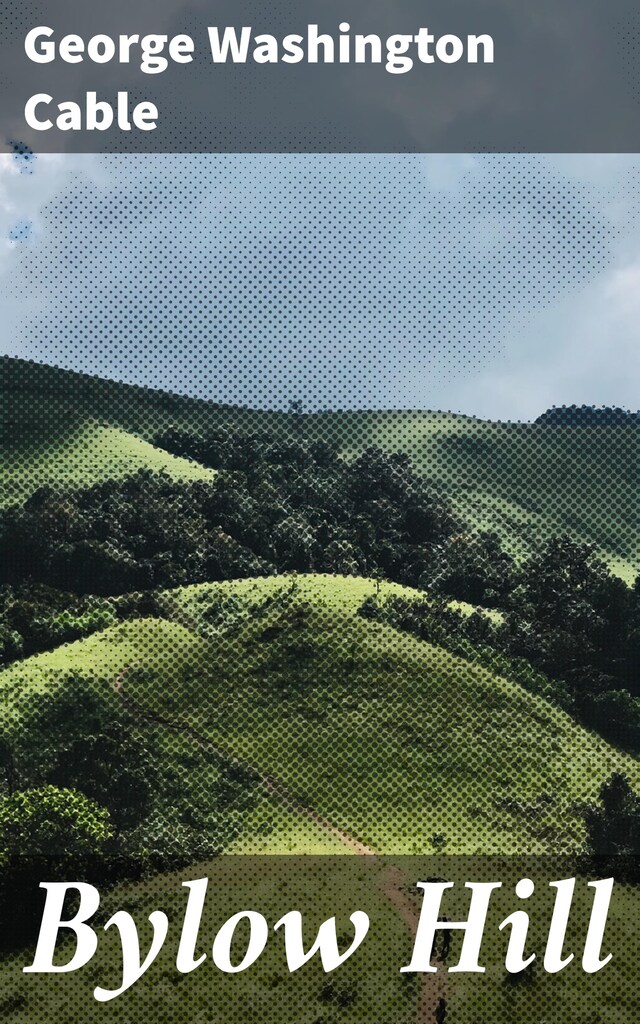
Bylow Hill
A Dive into Creole Complexity: Race, Society, and Family in Post-Civil War New Orleans

